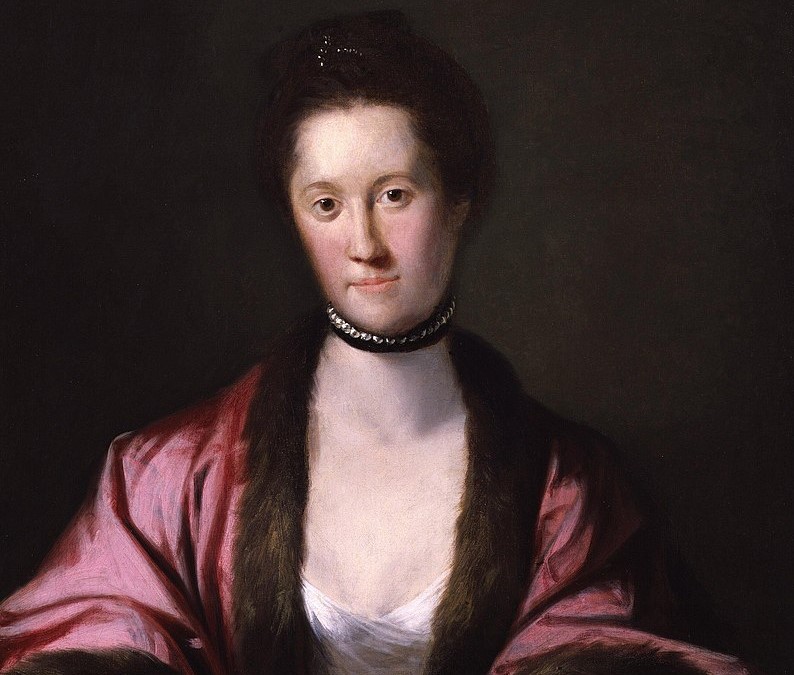Anna Seward war eine englische Dichterin der Romantik.
Übersetzung: metrisch, reimend
Original
Sonnet 100: Lyre of the Sonnet (Written December 1790)
WRITTEN DECEMBER 1790.
Lyre of the Sonnet, that full many a time
Amus’d my lassitude, and sooth’d my pains,
When graver cares forbade the lengthen’d strains,
To thy brief bound, and oft-returning chime
A long farewell!—the splendid forms of Rhyme
When Grief in lonely orphanism reigns
Oppress the drooping Soul.—Death’s dark domains
Throw mournful shadows o’er the Aonian clime;
For in their silent bourne my filial bands
Lie all dissolv’d;—and swiftly-wasting pour
From my frail glass of life, health’s sparkling sands.
Sleep then, my Lyre, thy tuneful tasks are o’er
Sleep! for my heart bereav’d, and listless hands
Wake with rapt touch thy glowing strings no more!
Übersetzung
Sonett 100: Ihr Saiten des Sonetts (Geschrieben im Dezember 1790)
GESCHRIEBEN IM DEZEMBER 1790
Ihr Saiten des Sonetts, so manches Mal
habt ihr in meiner Schwermut mich erfreut,
war ich zu größ’ren Mühen nicht bereit.
Gedicht, kompakt, harmonisch, genial,
jetzt heißt’s adieu! – Die formidable Zahl
an Reimen lindert, wenn die Traurigkeit
regiert, der Seele Ausgestoßenheit, –
Doch auf aon’sches Schaffen fällt nun fahl
des Todes Schatten, der den Vater schon
verschlang, und unaufhaltsam rinnt der Sand
aus meines Lebens Stundenglas davon.
Schlaft, Saiten, da solch Tun ein Ende fand.
Schlaft, euch entlock‘ ich nie mehr einen Ton
mit schwerem Herzen und geschwächter Hand!
Übersetzung: © Wolfgang Riedmann


